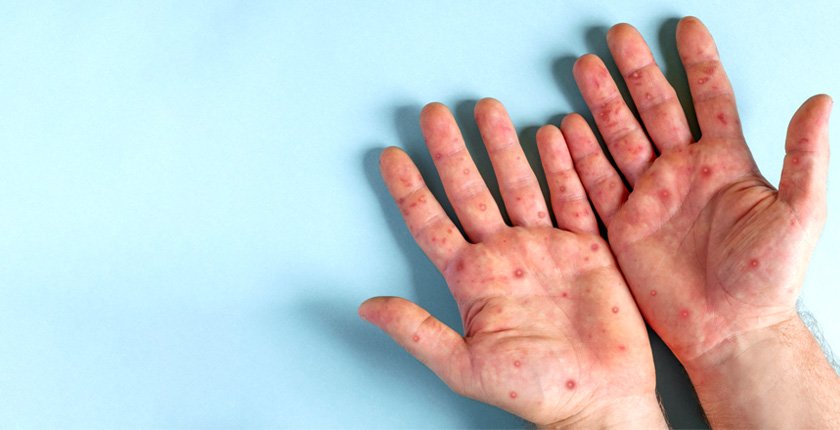
TAKING CARE OF YOUR SCALP
Taking care of your hair is as good as taking good care of yourself. It is very essential to wash your hair regularly.
Here are a few tips to wash your hair:
- Wet the hair completely.
- Use lukewarm water
- Apply adequate amount of shampoo to the scalp
- Scrub gently
- Allow the shampoo to stay for few minutes
- Rinse well
- Gently dry your hair with a towel
Avoid harsh chemicals, procedures like hair straightening, hair smoothening, frequent hair spa, blow drying your hair, as the heat generated during these procedures can damage the hair and increase hairfall.
How often you have to wash your scalp depends on how oily your scalp feels. If it gets oily quickly, wash your scalp daily. Else wash your scalp once in 2 days.
A normal scalp usually has around 1lakh hairs. Among them on an average 60 to 100 hairs fall and regrow every day. If you are losing more than 50 hairs every day for more than 1 month, or having itching or pain on your scalp, then consult a dermatologist for further evaluation.
Laser hair removal generally does not require any real downtime. Immediately after having laser hair removal, there may be mild redness and swelling. Despite this, most people return to their everyday activities.
A well-balanced diet, regular exercise and adequate sleep are also essential to beautiful hair.
FAQs About Scalp
1. What’s the importance of scalp care in overall hair health?
Proper scalp care is vital for healthy hair growth. A clean, well-nourished scalp fosters stronger hair follicles, reduces dandruff and itchiness, and promotes a vibrant mane. Maintaining a healthy scalp environment is essential for preventing hair loss and encouraging healthy hair growth.
2. How often should I wash my hair to maintain scalp health?
Washing frequency depends on hair type and lifestyle. Generally, aim to wash your hair 2-3 times a week to remove excess oil and buildup without stripping the scalp of its natural oils, which can cause dryness and irritation. Adjust your washing routine based on your hair’s needs and how quickly it becomes oily or dirty.
3. Are there specific ingredients to look for in scalp care products?
Yes, look for ingredients like tea tree oil, salicylic acid, or ketoconazole in shampoos to address scalp issues like dandruff or flakiness. For nourishment, consider products with argan oil, jojoba oil, or aloe vera to soothe and moisturize your scalp. These ingredients help maintain a healthy scalp environment, promoting stronger and healthier hair.
4. Can scalp massages benefit overall scalp health?
Yes, scalp massages promote blood circulation, which delivers vital nutrients to the hair follicles, supporting healthy hair growth. Additionally, massages can reduce stress and tension, alleviating scalp discomfort. Regular scalp massages can also help distribute natural oils, keeping the scalp moisturized and healthy.
5. How does diet affect scalp health?
A balanced diet that includes vitamins, minerals, and antioxidants supports scalp health and hair growth. Foods like salmon, nuts, leafy greens, and fruits contain essential nutrients such as omega-3 fatty acids, biotin, and vitamin E, which promote a nourished scalp and luscious locks. Ensuring adequate hydration by drinking plenty of water also helps maintain scalp health.
6. What role does hydration play in scalp health?
Staying well-hydrated is crucial for maintaining scalp health. Drinking enough water helps keep the scalp moisturized from within, preventing dryness and flakiness. Hydration supports the overall health of your skin, including the scalp, contributing to stronger and healthier hair.
7. How can I treat a dry and itchy scalp?
To treat a dry and itchy scalp, use moisturizing shampoos and conditioners containing soothing ingredients like aloe vera, coconut oil, or shea butter. Avoid using hot water when washing your hair, as it can strip natural oils. Additionally, consider incorporating a hydrating scalp serum or oil into your routine.
8. Are there any habits that can negatively impact scalp health?
Yes, habits such as using harsh hair products, excessive heat styling, tight hairstyles, and not washing hair regularly can negatively impact scalp health. Avoiding these habits and maintaining a gentle and consistent scalp care routine can help preserve scalp health and prevent damage.
9. Can stress affect the health of my scalp?
Yes, stress can affect scalp health by causing issues like dandruff, itching, and hair loss. Managing stress through relaxation techniques, regular exercise, and sufficient sleep can improve scalp health and overall well-being.
10. How can Cutis Hospital help with scalp care?
Cutis Hospital offers expert dermatological care for various scalp conditions. Our experienced dermatologists provide personalized consultations and treatments to address scalp issues such as dandruff, hair loss, and scalp infections. We offer tailored solutions to ensure your scalp and hair remain healthy and vibrant.For expert guidance and personalized care in maintaining scalp health, visit Cutis Hospital, where skilled dermatologists provide comprehensive solutions to help you achieve and maintain a healthy scalp







